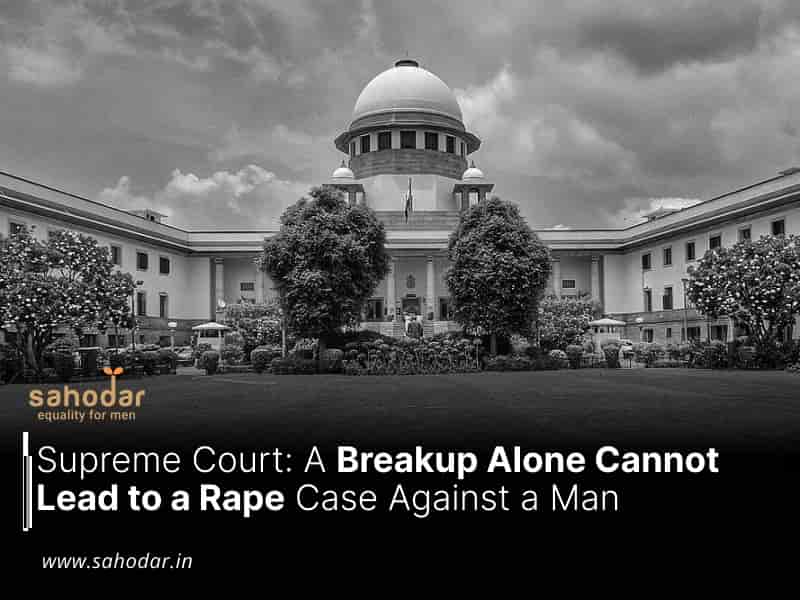The Court was of the view that it was inconceivable for the girl-complainant to maintain a prolonged relationship with the accused without her consent.
On Wednesday, the Supreme Court dismissed a rape case against a man, referencing the girl’s extended relationship and physical involvement with him, suggesting her consent [Prashant v. State of NCT of Delhi].
A Bench comprising Justice BV Nagarathna and Justice N Kotiswar Singh stated that the mere end of a relationship between two consenting individuals cannot lead to criminal proceedings against the man.
The Court expressed that it was implausible for the complainant to have maintained a prolonged relationship with the accused without her consent.
“A mere breakup of a relationship between a consenting couple cannot result in initiation of criminal proceedings. What was a consensual relationship between the parties at the initial stages cannot be given a colour of criminality when the said relationship does not fructify into a marital relationship,” the Court observed.
The Court expressed disbelief at the allegation that the accused had obtained the complainant’s address and forcibly engaged in a sexual relationship with her.
The Bench stated that the accused could not have known the complainant’s address unless she had voluntarily shared it with him.
“It is inconceivable that the complainant would continue to meet the appellant or maintain a prolonged association or physical relationship with him in the absence of voluntary consent on her part. Moreover, it would have been improbable for the appellant to ascertain the complainant’s residential address, as mentioned in the FIR unless such information had been voluntarily provided by the complainant herself,” the Court observed while quashing case against man accused of repeatedly raping a woman on the false pretext of marriage.
In 2019, the complainant filed a First Information Report (FIR), accusing the appellant-accused of sexually abusing her under the false promise of marriage.
She further stated in her complaint that the accused had threatened to harm her family if she did not continue engaging in sexual intercourse.
The appellant was charged under sections 376(2)(n) (repeated rape) and 506 (criminal intimidation) of the Indian Penal Code, 1860 (IPC). The Delhi High Court rejected his plea for quashing, determining that there was sufficient prima facie evidence to proceed with the prosecution.
Dissatisfied, the accused appealed to the Supreme Court.
At the outset, the Supreme Court observed that the relationship between the parties was cordial and consensual. It noted that even if the prosecution’s case is accepted at face value, it cannot be concluded that the complainant entered into a sexual relationship with the accused solely based on an assurance of marriage.
Additionally, the Court clarified that the mere breakup of a relationship between consenting individuals cannot serve as grounds for initiating criminal proceedings.
Observing that both parties are now married and have moved on with their lives, the Court decided to quash the case against the accused.

